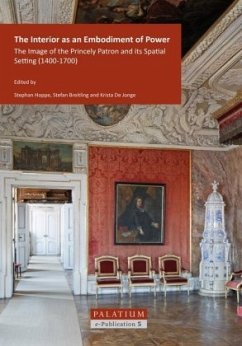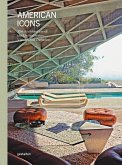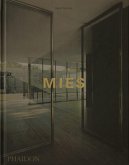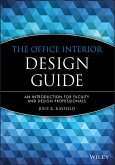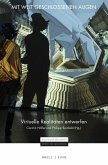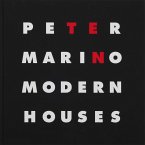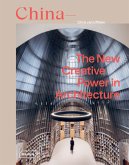This volume is dedicated to the study of the in- and outside of princely residences and of their setup as the stage for a developing European early modern court culture. At a time of increasing aristocratization (1400-1700) and with many new nascent princely courts, both the princely person and the performance of princely power required an appropriate type of elaborate backdrop as its setting. Even though such an interest in the palace interior and its functions is not entirely new, interior architecture and court culture have only recently come to be seen as two sides of the same medal: embodiment and expression of the princely presence.Therefore, the essays included focus in particular on diverse types of functions that palaces and apartments, state rooms and privy chambers had to fulfil at certain periods and in certain residential contexts between the ages of feudalism and absolutism at courts in London, Edinburgh, Neuburg am Inn, Karlstein and Prague, Cervený Kamen and Ludwigsburg. They compare and contrast specific local examples with international trends such as, for example, the palace and court ceremonial developed at or adapted to diverse circumstances in Burgundy, Spain or Lithuania.Consequently, the aim of this volume consists of the combination of personal and dynastic ambitions with fashionable trends and court etiquette followed by royalty and minor princes alike during a period of calculated magnificence. It considers processional routes towards the presence of the ruler or towards its image. Thereby, it helps to define the complementary roles of residential interiors and of the courtly personnel at the same time.The ten papers collected in this volume were first presented at the PALATIUM colloquium The Interior as an Embodiment of Power The Image of the Prince and its Spatial Setting (1400-1700), organized by Stephan Hoppe, Krista De Jonge and Stefan Breitling and held in Bamberg in October 2013.
Bitte wählen Sie Ihr Anliegen aus.
Rechnungen
Retourenschein anfordern
Bestellstatus
Storno

